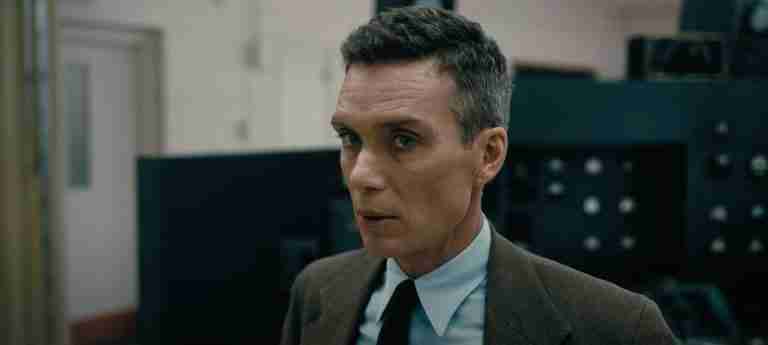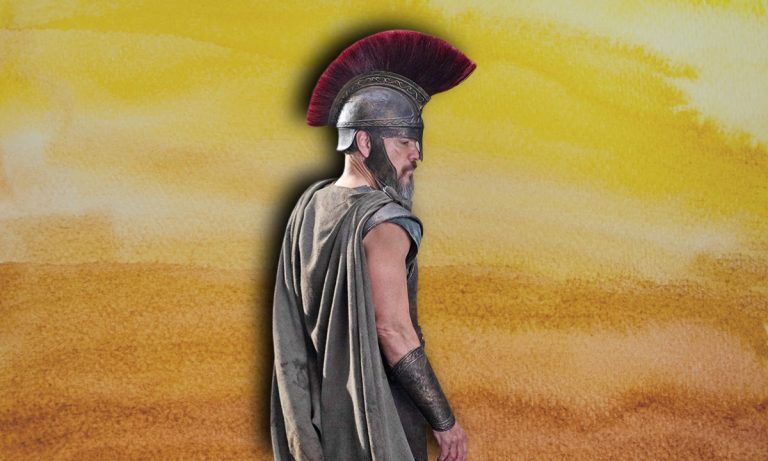Poker has long been a symbol of high stakes, strategy, and risk-taking in American culture—something that’s evident in real life and in movies. According to a YouGov poll, card games remain a popular interest for lots of Americans, with four in 10 reportedly playing card games either online or in person very or somewhat often. Poker, in particular, has been played by at least 60% of the adults surveyed.
While many aspects of the game have virtually remained unchanged over the years, it’s also undeniable that the landscape has evolved to suit modern, tech-savvy players while also tapping into pop culture to broaden its appeal. In fact, Gambling Industry News reports that there are now around 60 million online poker players in the U.S., reflecting the growing popularity of digital platforms.
Movie scenes still rely heavily on traditional casinos and poker rooms, where the atmosphere is defined by the surrounding environment, chips, cards, and the human element that comes with face-to-face interaction at poker tables. In contrast, online poker is increasingly accessible and customizable yet rarely leveraged in film but it is making forays with high-profile collaborations and events. Americas Cardroom, for one, taps into film by creating epic card games like the platform’s All-in For America charity tournament, a star-studded event benefiting Feeding Americas. Featuring movie stars like Ben Affleck, Matt, Damon, Bryan Cranston, and Adam Sandler, the charity tourney raised over $1,000,000 and helped elevate the profile of American online poker for one of the most illustrious gaming brands in the country.
How poker is portrayed in American films
Despite the shift to digital platforms in the real world, poker-centric American films have yet to catch up. When poker is portrayed in movies, much of it still takes place in card rooms or casinos, underscoring how poker has always been more than just a game of cards. Instead, it serves as a metaphor for life’s larger stakes and the strategies and decisions that shape our paths.
Whether it’s the tension of high-stakes gambling or the subtle psychology of reading opponents, poker on the big screen reflects the complexities that come with ambition, personal choices, and the drive for power. This essay will explore poker’s role in four American films to analyze how poker symbolizes various themes and reflects on the characters, films, and even broader societal ideas about risk, reward, and human nature.
Rounders (1998)
In this John Dahl film, poker is a game of survival, with stakes that transcend money and status. Mike McDermott (Matt Damon), a law student, is lured back into the world of high-stakes poker by his friend, Lester “Worm” Murphy (Edward Norton), whose reckless gambling puts them both at risk. The film places a heavy emphasis on the psychological aspect of poker—knowing when to fold, when to bluff, and when to trust one’s instincts. Mike’s decision to return to the poker tables represents his internal conflict—between the pull of a high-risk, high-reward world and the desire to escape it in favor of a more conventional life. However, it’s also about the culture of gambling—its inherent dangers, and the allure of hustling. Mike’s ability to navigate the table reflects his understanding of both the game’s mechanics and the personal vulnerabilities of those around him.
In Rounders, poker serves as an expression of the larger American narrative: the idea of taking risks, hustling, and playing the odds, while also confronting the consequences of those choices. This could also explain Rounders’ current resurgence among newer fans. Given its relatable narrative and changes in the modern poker scene, which Damon himself has experienced first-hand in All-in for America, a sequel may soon be in the works.
Ocean’s Eleven (2001)
This major box-office heist film revolves around Danny Ocean (George Clooney) and his team of thieves who plan to rob three Las Vegas casinos simultaneously. Although poker is not the central activity, the casino setting and its association with poker are integral to the film’s atmosphere and the characterization of Ocean as a suave, calculating strategist. Poker in Ocean’s Eleven is used to highlight themes of risk, deception, and strategy—all central to the heist.
For Ocean and his crew, poker is not about the game itself, but about reading people and controlling situations. The poker table is a microcosm of the larger heist—they must know when to hold, when to fold, and, most importantly, when to bluff. The game’s presence reinforces the sense of high stakes and the suave nature of the characters. In this film, poker is a symbol of strategy—knowing when to act decisively and when to play it cool. It emphasizes the importance of the long game, patience, and deception, key traits that Ocean and his team rely on throughout their heist.
Lucky You (2007)
In Lucky You, poker is the battleground for the complex father-son relationship between professional gambler Huck Cheever (Eric Bana) and his estranged father, played by Robert Duvall. Huck’s life, much like a poker game, is filled with moments of intense risk—where every decision, every hand, has the potential to reshape his future. His struggle is not only to win the game but to free himself from the expectations set by his father, who remains a towering figure of both admiration and resentment. The game itself becomes an avenue for Huck to prove his worth as an individual capable of forging his own path.
The film also touches on the destructive behaviors that can arise from the relentless pursuit of a win. This theme is particularly relevant in the context of modern gambling practices, where, as highlighted by the European Gaming and Betting Association (EGBA), responsible gambling initiatives are gaining traction. EGBA research shows that a growing emphasis is being placed on identifying harmful gambling patterns and promoting tools like self-exclusion programs and limits on wagering. This focus on harm reduction is echoed in films like Lucky You, which underscores the importance of a balance between risk-taking and responsible play.
Poker Face (2022)
Directed by and starring Russell Crowe, Poker Face uses the game to explore complex themes of trust, betrayal, and personal morality. Crowe’s character, Jake Foley, is a former professional poker player who becomes embroiled in a high-stakes poker game that serves as a backdrop to a personal vendetta. As we covered in our in-depth explainer of Poker Face, Foley’s organization of a friendly poker night is merely a front. Although his goal is to reconnect with friends, he ultimately uses the game to uncover painful truths, which takes an emotional toll on the players. Throughout the film, poker is framed as a battle of wills, where the stakes involve reputations, lives, and personal redemption.
The film uses the poker table to explore a key theme: the difference between the game’s public face and the inner psychological battles of its players. Just as poker is about bluffing and reading others, Poker Face illustrates the fragility of trust and the unpredictable consequences of taking risks.
Through these films, poker becomes a narrative device that explores the complexities of the human experience, symbolizing the eternal tension between chance and skill, and illustrating how individuals, through their choices and actions, play to win in the grand game of life.
If you found this article insightful, visit High on Films for more essays and commentary on your favorite movies.








